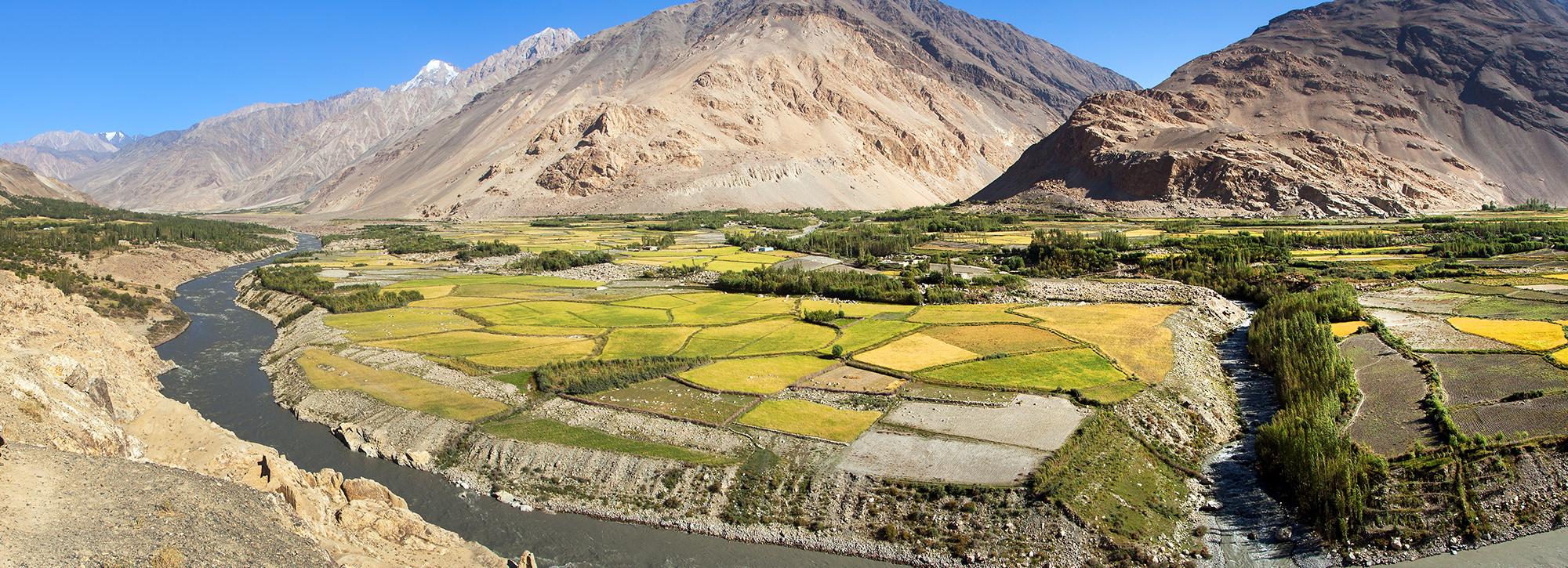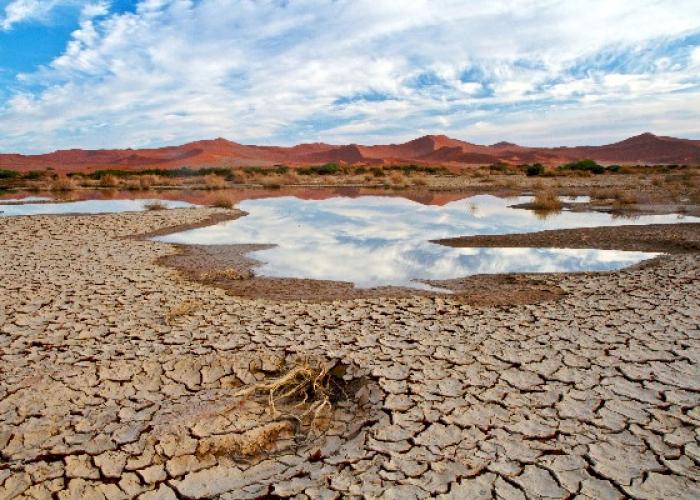
Combating land degradation in Central Asia
Central Asia is facing severe land degradation, affecting 20% of its land and threatening food security, biodiversity, and socioeconomic stability. We assessed the drivers, impacts, and potential solutions for sustainable land management in the region.
The region’s agricultural sector, vital for livelihoods, is suffering from soil salinisation, erosion, and reduced productivity due to unsustainable farming practices and climate change. With over 30% of the population directly affected, the challenge is to reverse land degradation while promoting sustainable agricultural practices. Increased water scarcity and transboundary water management issues exacerbate the situation, highlighting the need for cooperative strategies across the five Central Asian countries. The opportunity lies in developing local capacity for sustainable land management practices, integrating gender perspectives, and establishing sustainable financing mechanisms to empower local communities, ensuring long-term ecological and economic resilience.
We carried out a comprehensive assessment of land degradation hotspots in Central Asia, focussing on the drivers, socioeconomic impacts, and viable restoration pathways. Our approach integrated scientific research and traditional knowledge, aiming to empower local communities with sustainable land use practices that align with environmental and economic goals. This work was funded by the World Bank and led by Metroeconomica.
Key recommendations
Short-term
- Raise awareness of land degradation in local languages.
- Develop gender-sensitive training programs for sustainable land management.
- Implement targeted land restoration strategies focussing on sustainable agricultural practices and soil management.
- Enhance water management, promote crop diversification, and restore native vegetation.
Medium-term
- Integrate land degradation topics into educational curricula.
- Establish peer-to-peer learning networks for stakeholders in agriculture.
- Collaborate with local governments and international partners to ensure scalability and sustainability.
Long-term
- Harmonise regional policies on sustainable land management.
- Develop frameworks for sustainable financing, including a regional carbon market.
These interventions aim to mitigate the effects of land degradation, empower local communities, and promote sustainable agricultural practices that boost productivity and ecological health.
The project is expected to deliver significant economic, social, and environmental benefits. By implementing sustainable land management practices, agricultural productivity can improve, potentially increasing crop yields by 15% in affected areas. This will enhance food security for approximately 21 million people, decrease poverty levels, and restore vital ecosystem services, contributing to carbon sequestration and biodiversity conservation. The establishment of a regional carbon market will further incentivize sustainable practices, ensuring ongoing financial support for restoration initiatives and fostering regional cooperation in water and land management. Ultimately, this project aligns with the goal of living and working sustainably with water in Central Asia.
Want to know more?
Contact our project lead


